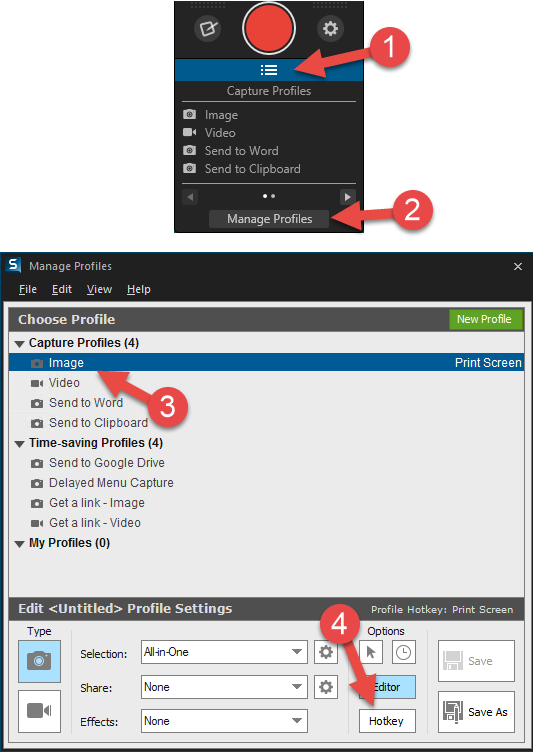

If this method doesn’t work, or if you receive a 0x0000007e error when connecting non-HP printers, you can try to connect the printer through the local port as a workaround. It should be installed successfully without any errors

After removing the BIDI registry key on the server side, try to connect the shared HP printer again from your Windows 10 圆4 client.Restart the print spooler service on the client:.Then you’ll be able to roll back to the original settings. In a productive environment, it is recommended to previously export the registry key to be deleted to a separate reg file. In the registry key of the printer which is facing with the problem, delete BIDI key in CopyFiles section.Go to the registry key HKEY_LOCAL_MACHINE\SOFTWARE\Microsoft\Windows NT\CurrentVersion\Print\Printers\ and expand the branch with the printer name (In our case, it is HP Color LaserJet 5550 PCL 6).Open the Registry Editor ( regedit.exe).To solve this problem on a 32-bit print server: To fix this problem, you need to delete the corrupted (incorrect) registry key of the HP print driver on a print server (computer) to which the shared printer is directly connected. Thus, the 32-bit version of the HP Universal Printing printer driver is incompatible with 圆4 versions of Windows. In my case, it has been spool\DRIVERS\W32X86\3\hpcpn112.dll, but a dll file name depends on the Universal HP Printing driver version. The file path is specified in the printer driver settings on the print server. Having looked through HP and Technet forums, I found information that in the Universal HP Printing driver settings specified a fixed path to a spooler file (print queue) for a 32-bit system ( spool\drivers\w32x86\3), which the 64-bit client unable to find, so error 0x0000007e appears. As you can see, 圆4 and x86 versions of HP Universal Printing PCL 6 driver are installed. What do you need to do to fix the error? First of all, you have to check that both a 32- and a 64-bit driver versions are installed on the print server.


 0 kommentar(er)
0 kommentar(er)
